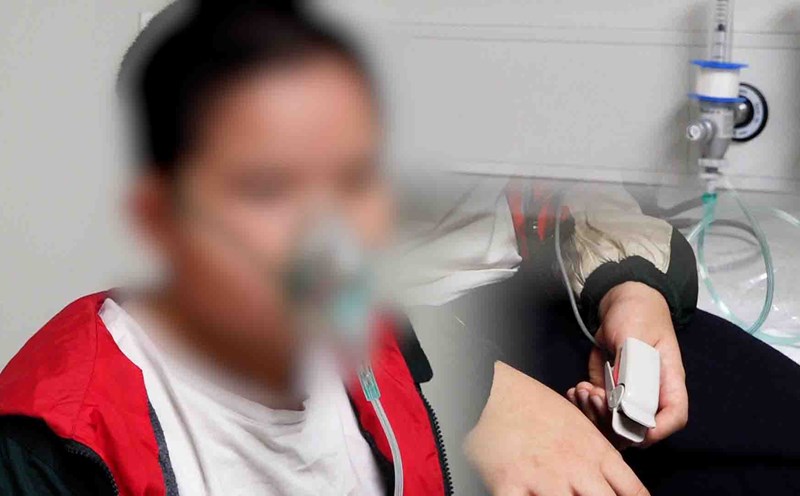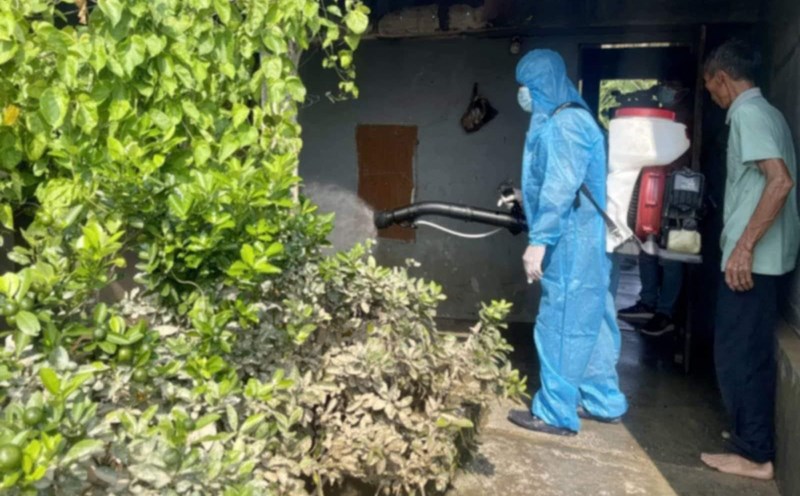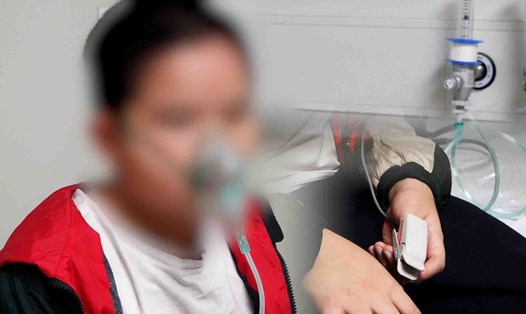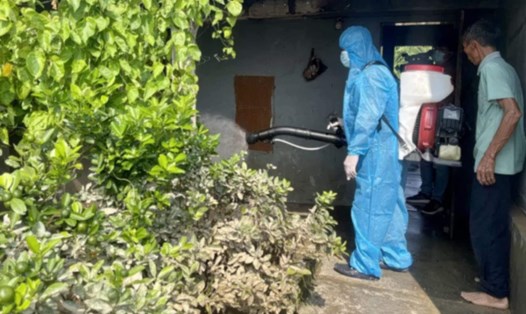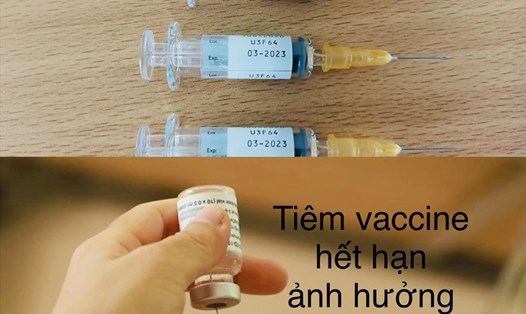Second dengue fever is often more severe than the first.
Recurrent dengue fever is very dangerous because the condition is often more severe than the first time. Patients may have more unusual developments and need to be closely monitored, especially in patients with chronic diseases such as diabetes, cardiovascular disease, liver and kidney disease, or pregnant women, young children, newborns, and the elderly.
The reason why the second dengue fever is often more severe than the first is because the first time the patient gets the disease, the patient usually gets dengue fever caused by the virus type D1. This is the classic type with mild clinical manifestations such as fatigue, headache, little bleeding, and a short duration of illness. After recovering from the disease, the patient will have lifelong antibodies to type D1.
In the second dengue fever, the patient is infected with a different serotype. At that time, the patient's body has two types of antibodies at the same time. These two types of antibodies can conflict, causing a reaction that increases vascular hemorrhage, increases the concentration of the virus, causing more severe symptoms such as dizziness, bleeding, and even heart failure.
Are the symptoms of dengue fever different this time compared to the first time?
Symptoms of dengue fever, such as high fever, severe headache, pain behind the eyes, joint and muscle pain, and rash, usually appear 4 to 10 days after infection. Symptoms of a second dengue infection may initially be similar to the first infection but are often more severe. While both infections typically begin with fever, headache, muscle pain, and rash, a second infection increases the risk of severe symptoms.
According to WHO, severe dengue fever symptoms may include:
- Severe pain in the abdomen
- Continuous vomiting
- Rapid breathing
- Nosebleed
- Bleeding gums
- Tired
- Feeling restless
- There is blood in the vomit
- Feeling very thirsty
- Cold and pale skin
These symptoms usually begin within 24 to 48 hours after the fever goes away, according to the US Centers for Disease Control and Prevention.
Who is at high risk of getting dengue fever a second time?
- People who live or travel to areas where dengue is endemic are at high risk of recurrent dengue infections due to frequent exposure to the virus.
- People with weak immune systems, such as children and the elderly, are more susceptible to complications from a second dengue infection.
- People who have previously been infected with one DENV serotype are at increased risk of severe symptoms if they are infected with another serotype.

